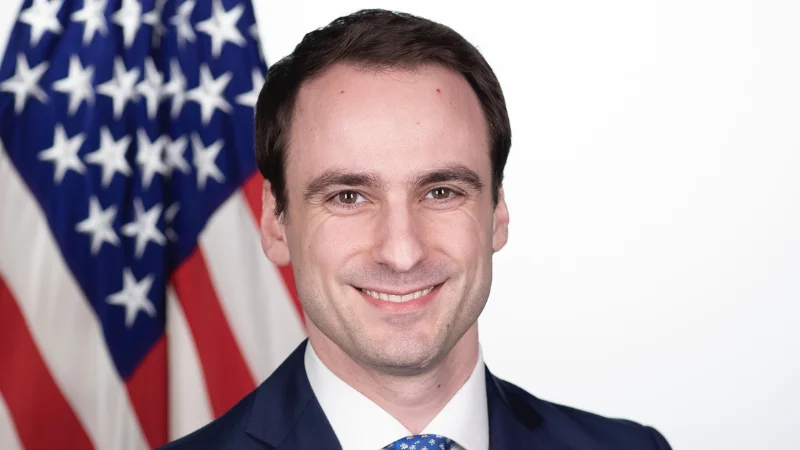Director Michael Kratsios of the White House Office of Science and Technology Policy delivered remarks on the U.S.-Japan Technology Prosperity Deal, emphasizing the importance of collaboration between the two countries in science and technology. Addressing Minister Onoda, Kratsios expressed his intent to work together to implement the agreement.
Kratsios stated, "To usher in the next Golden Age of Innovation, and to fortify the freedom and prosperity of our peoples for generations to come, we are here today to affirm our commitment to collaboration in science and technology. This bilateral collaboration will enrich the lives and livelihoods of our citizens, deepen our ties of friendship, and strengthen peace and stability in Asia and the Pacific."
He described the deal as a significant step forward for cooperation between Japan and the United States in critical areas such as artificial intelligence (AI), biotechnology, quantum technologies, space exploration, 6G telecommunications, and nuclear fusion research. According to Kratsios: "Our Technology Prosperity Deal with the Nation of Japan represents a bold leap forward for Japanese-American science and technology cooperation. It seeks shared progress across the cutting edge of critical and emerging science and technology fields. Moreover, it signals the United States’s deep respect for Japan as a trusted technology partner, including for the American AI ecosystem."
Kratsios referenced President Trump’s release of America’s AI Action Plan on July 23. He highlighted that international diplomacy is one pillar of this plan: "The third pillar of our AI Action Plan is international diplomacy. The United States believes that to fulfill our commitment to leading the AI revolution, we need partners. We reject global governance of AI innovation, and seek bilateral agreements like this one to form the foundation of a future of shared security and prosperity."
The agreement aims to coordinate exports related to AI between both nations while strengthening technological protections. There will also be renewed partnerships between U.S. agencies such as the Center for AI Standards and Innovation with their Japanese counterparts focusing on standards innovation.
"We will develop pro-innovation AI policy frameworks and promote full-stack AI export deals around the world that incorporate both our nations’ technologies. These efforts will include a particular emphasis on accelerating the use of AI in science, manufacturing, and agriculture," Kratsios said.
He added that harmonizing adoption frameworks for AI would help advance shared industry standards while protecting digital wellbeing among youth populations.
The deal extends beyond artificial intelligence into broader aspects like securing research environments; ensuring resilient supply chains in biotechnology; advancing quantum technologies; expanding joint space missions through programs such as Artemis; enhancing telecommunications cooperation towards developing 6G standards; and fostering nuclear fusion research at facilities like Japan’s JT-60SA tokamak.
Kratsios concluded by saying: "Through our Technology Prosperity Deals, with Japan and other trusted partners, America seeks to extend the hand of friendship wherever it is welcome, confident that as we work together to protect our peoples and promote our innovators, the future that we build side by side will be brighter, richer, better, and more beautiful than ever before."

